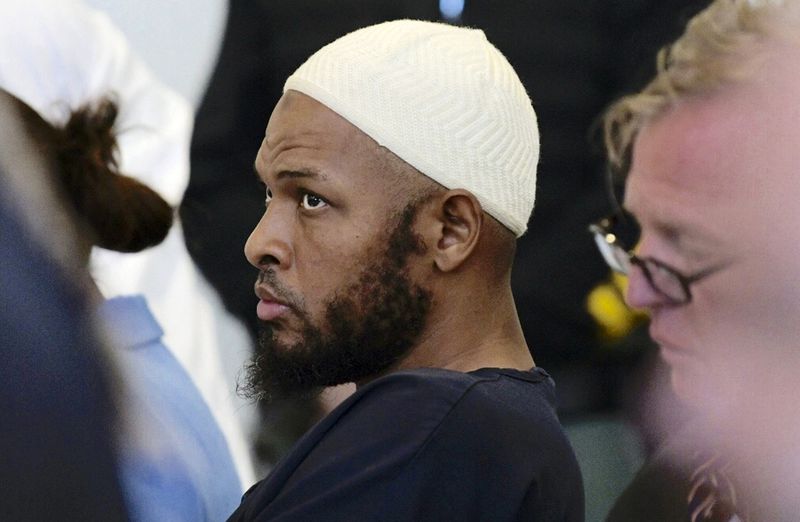In a heart-wrenching trial that has captured the nation’s attention, federal prosecutors are presenting a disturbing account of a sickly toddler named Abdul-Ghani Wahhaj, who was forcibly taken from his Georgia home by relatives without his mother’s consent. What followed was a sinister journey that led the child to a desolate desert encampment in northern New Mexico, where he ultimately lost his life.

Northern New Mexico Witnesses Abduction and Terrorism Trial as Mother Testifies in Case of Boy Found Dead at Compound (Photo: AP News)
A Mother’s Desperation in the Desert Wilderness
In a recent report published by USA News, in September 26, 2023, federal prosecutors unveiled the haunting tale of Abdul-Ghani Wahhaj, a sickly toddler torn from his home in Georgia and transported to a desolate desert encampment in northern New Mexico. The boy’s demise, discovered in a subterranean tunnel, forms the core of a case against four family members. As testimony unfolded, it became evident that the tragedy was not just a heartbreaking loss but a nexus of alleged kidnappings, terrorism charges, and a deeply troubled family dynamic in northern New Mexico.
Abdul-Ghani’s mother, Hakima Ramzi, tearfully recounted her futile attempts to protect her disabled son from a web of accusations, leading to his disappearance. The encampment in northern New Mexico, lacking basic amenities, housed a disturbing scene—11 hungry children, no running water, and a makeshift shooting range.
This incident explores the heart-wrenching journey of a mother whose love and devotion were overshadowed by allegations of black magic, alternative healing quests abroad, and ultimately, a devastating loss in the arid landscapes of northern New Mexico.
READ ALSO: Cities In Indiana: Where The Danger Zones Are
Terrorism, Resurrection Beliefs, and a Fractured Family Dynamic
According to the news released by AP News, the prosecution contends that the family wasn’t just grappling with personal tragedies; they were allegedly preparing for attacks against the government. The trial unfolds a narrative of northern New Mexico involving firearms training, tactical preparations, and a belief that the young Abdul-Ghani would be resurrected as Jesus Christ.
The intricate details of the charges against the family members, including the father, Siraj Ibn Wahhaj, and the sisters, Hujrah and Subhanah Wahhaj, shed light on a complex interplay of religious beliefs, terrorism accusations, and a tragic end for a fragile child in the vast expanse of northern New Mexico.
These revelations, stemming from a remote desert compound in northern New Mexico trial, not only expose the harrowing events surrounding Abdul-Ghani’s death but also raise questions about the limits of religious freedoms and the blurred lines between familial struggles and alleged acts of terrorism in the context of a nation grappling with its own security concerns.
READ ALSO: Cheapest Places To Buy A House In California: Check It Out!
























